There is no pure async as you expect, but you can use workaround below. Its good enough for big load. You can run test from example below and test how it works for you and make decision to use it in your project or not.
public class ad_hook
{
[Fact]
public async Task test_redis_load()
{
var repository = GetRedis();
int expected;
IEnumerable<Task<string>> tasks;
using (var redisRepository = repository)
{
redisRepository.Set("foo", "boo");
expected = 10000;
tasks = Enumerable.Range(1, expected).Select(_ => Task.Run(() => redisRepository.Get<string>("foo")));
var items = await Task.WhenAll(tasks);
items.Should().OnlyContain(s => s == "boo")
.And.HaveCount(expected);
}
}
private static RedisRepository GetRedis()
{
var repository = new RedisRepository();
return repository;
}
}
public class RedisRepository : IDisposable
{
private Lazy<IRedisClient> clientFactory;
private PooledRedisClientManager clientManager;
private T Run<T>(Func<IRedisClient, T> action)
{
using (var client = GetRedisClient())
{
return action(client);
}
}
private IRedisClient GetRedisClient()
{
return clientManager.GetClient();
}
public RedisRepository()
{
clientFactory = new Lazy<IRedisClient>(GetRedisClient);
clientManager = new PooledRedisClientManager();
}
public void Set<T>(string key, T entity)
{
Run(_ => _.Set(key, entity));
}
public T Get<T>(string key)
{
return Run(_ => _.Get<T>(key));
}
public void Dispose()
{
clientManager.Dispose();
if (clientFactory.IsValueCreated)
{
clientFactory.Value.Dispose();
}
}
}
